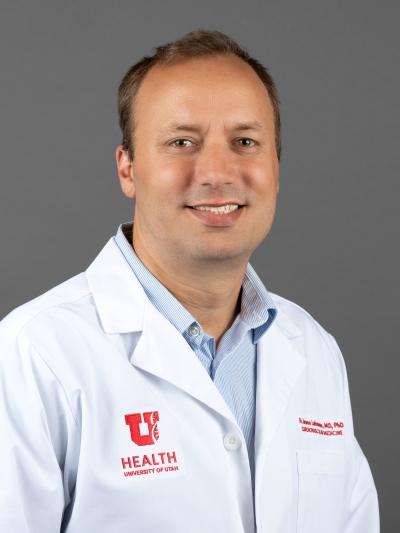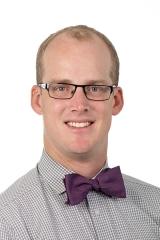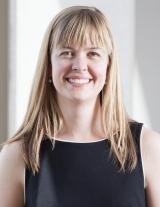Charles J. Parker
Photos
1280 E Stringham Ave
Salt Lake City, UT 84106
Charles J. Parker, M. D., is a Professor of Medicine in the Division of Hematology and Hematologic Malignancies, Department of Internal Medicine, at the University of Utah and the Huntsman Cancer Institute, Salt Lake City, UT. As a Hematologist, his clinical interests include paroxysmal nocturnal hemoglobinuria (PNH), hemochromatosis and porphyria. Dr. Parker received his MD from The University of North Carolina, Chapel Hill. He received training in medicine and hematology from the North Carolina Memorial Hospital, Chapel Hill and Duke University, respectively. In the past, Dr. Parker served...
Also at this address
Owner verified
See a problem?











